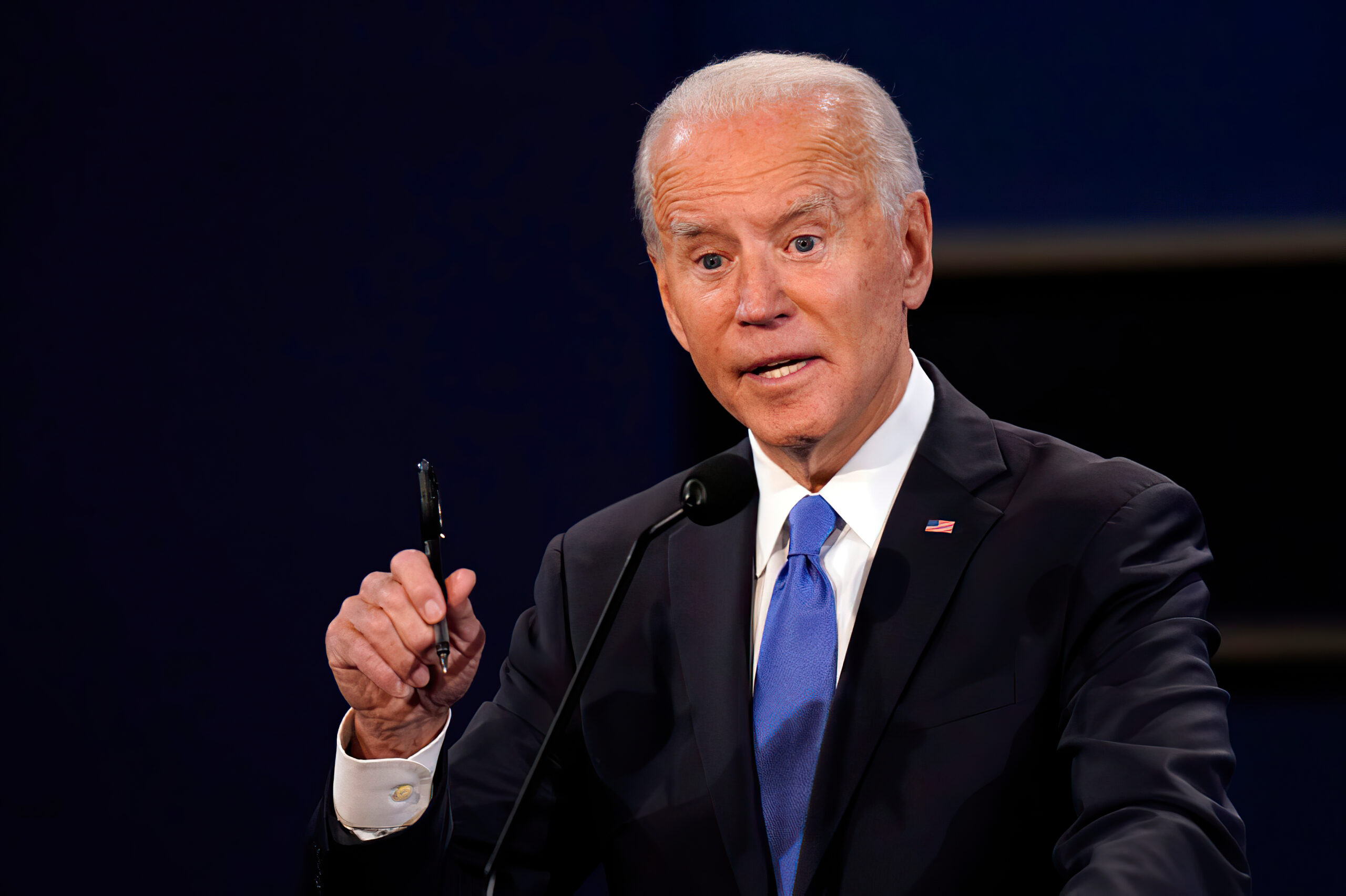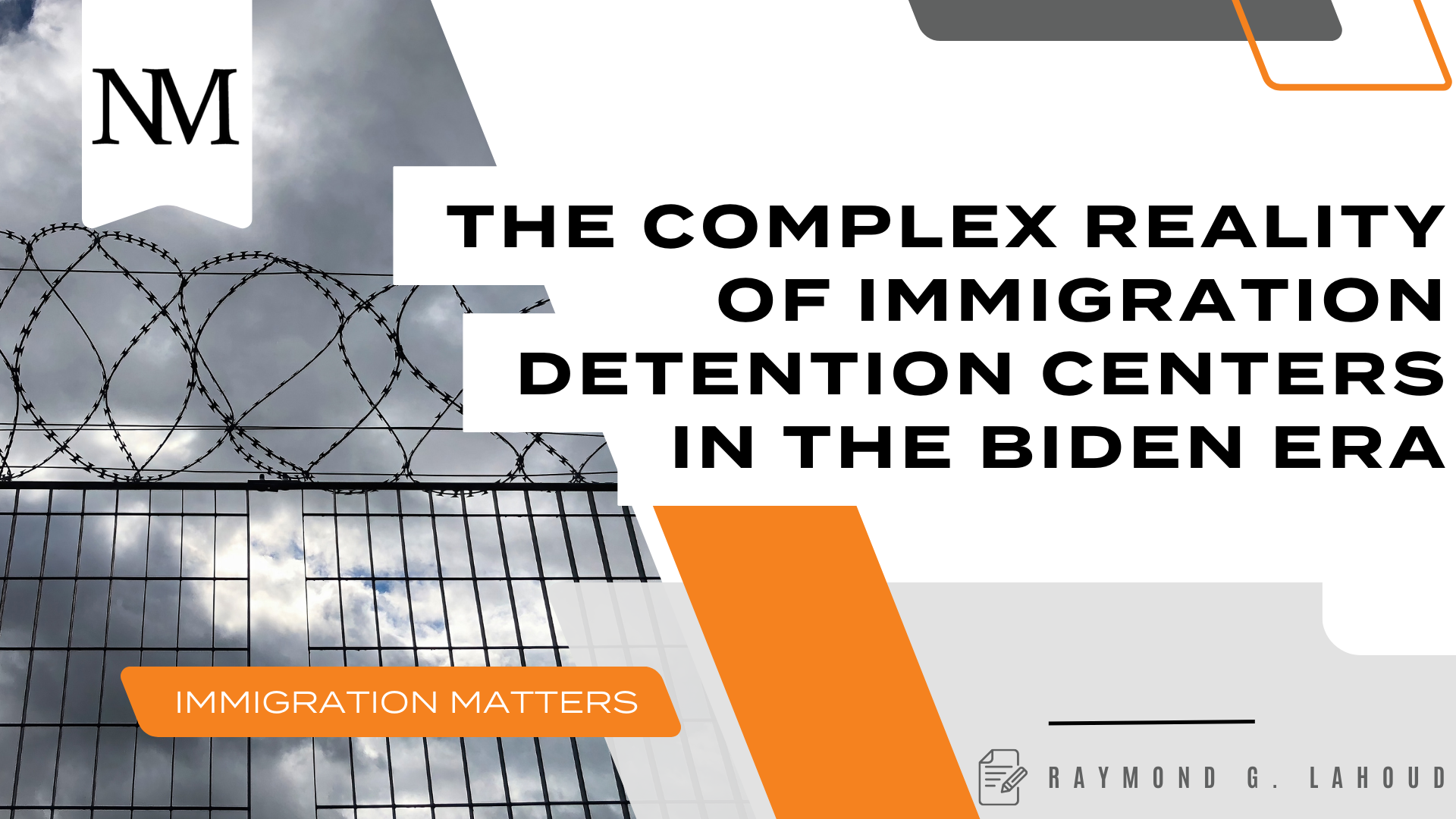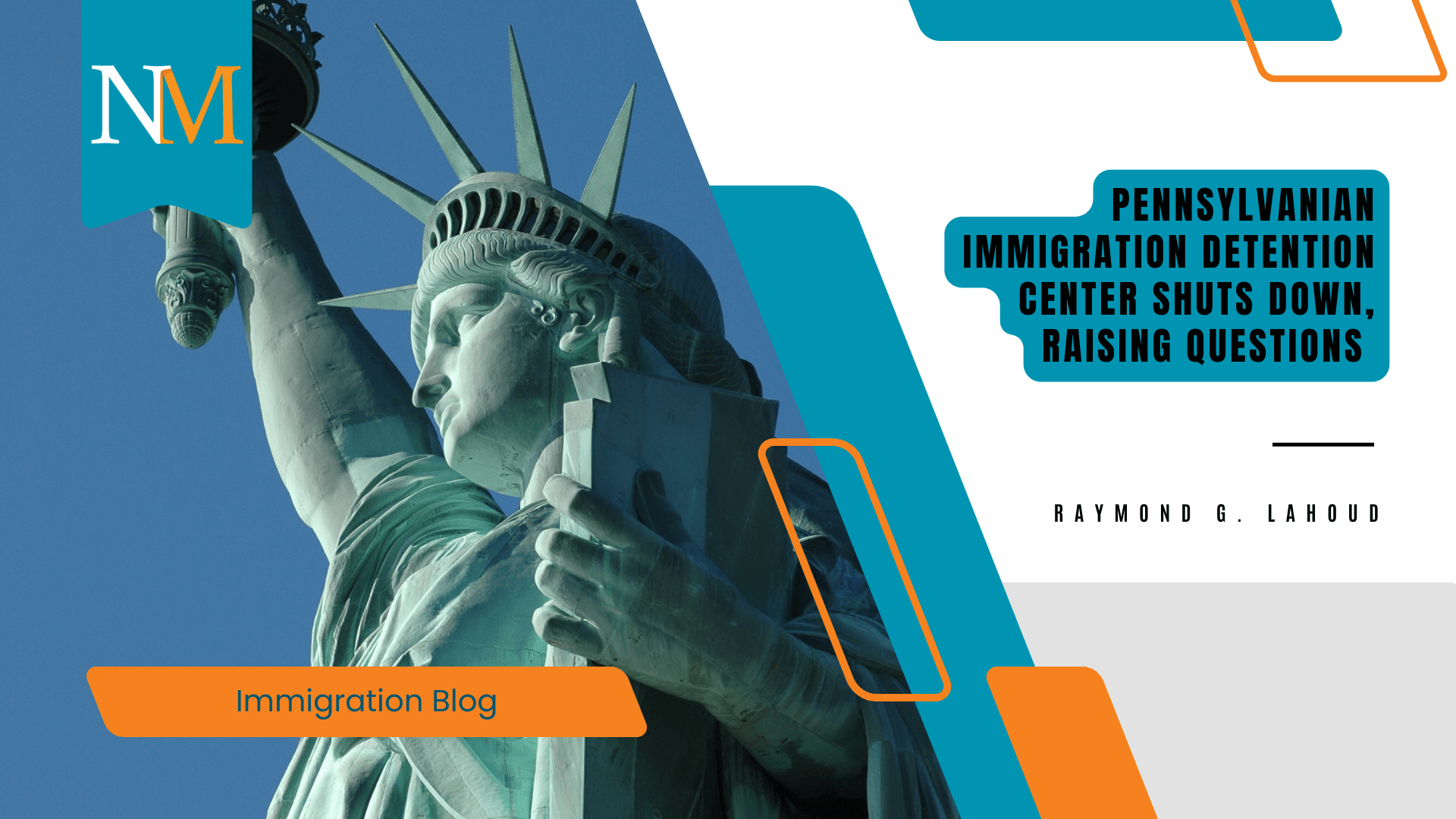Biden’s Executive Orders and Their Impact on Thousands of Pennsylvania Immigrants

Since the Biden administration took office, Executive Orders (EO) on immigration have been rolling out, reviewing and undoing some of the previous administration’s policies. Each of these EOs has widespread repercussions on different immigrant communities and families living inside and outside the United States. As the White House reviews or studies immigration policies, activists for immigrants throughout Pennsylvania hope for positive reforms from the Biden administration.
Biden's EO on the Family Separation Policy
One EO passed by the Biden administration creates a task force to address the harms of the family separation policy, which separated parents and their children as they arrived at the border. President Biden wrote in the order, “[m]y administration condemns the human tragedy that occurred when our immigration laws were used to intentionally separate children from their parents.”
An Iraqi refugee in Philadelphia, who is hoping to reunite with his elderly parents, said, “[w]e hope that it will be a good change, that it will help us, it will help others.” Jasmine Rivera, a community organizer at Shut Down Berks Coalition, a center that has been actively lobbying local, state, and federal officials to close family immigrant detention centers, said, “[w]e’re all very skeptical about any kind of actual impact these EOs are going to have.”
Migrant Protection Protocols in Berks Family Residential Center
The Migrant Protection Protocol (also known as the “Remain in Mexico” program), introduced in December 2018, gives immigrants a charging document, requiring them to appear at a specific port for a hearing while awaiting a hearing outside the United States. These immigrants remain in shelters and camps in Mexico. Some immigrants were taken to family immigrant detention centers within the United States, including the Berks Family Residential Center near Reading, Pennsylvania, pending deportation.
Children who were separated from their families have ended up in Pennsylvania youth shelters, mainly because the youth detention facilities contract with the Office of Refugee Resettlement, noted a spokesperson of Hebrew Immigrant Aid Society (HIAS). HIAS is a nonprofit in Pennsylvania which, among others, conducts know-your-rights training for unaccompanied immigrant kids.
Emerson Hernandez, from Guatemala, spent 25 days in the center with his seven-year-old daughter Maddie. “He couldn’t stand watching his daughter deteriorate [in Mexico], so he waived his rights, he gave up everything,” and wound up in Berks County facility, said an attorney at ALDEA – The People’s Justice Center. Hernandez has been ordered removed, but access to legal counsel has made it possible for Hernandez and his daughter to reunite with his wife and infant son.
The Public Charge Rule Impacts Pennsylvania Immigrants
The controversial public charge rule leaves certain immigrants who have used public benefits inadmissible for a green card in the future. The Biden administration is set to review the public charge policy. The negative impact of this policy is that confused immigrants, who must be eligible even if it did not affect their immigration status.
“History has shown that when benefits rules change, many of those who disenroll do so out of confusion,” said Philadelphia Mayor Jim Kenney in a letter to the federal government in 2018. Philadelphia city officials estimated 7,000 Philadelphia residents must choose to either continue to receive public benefits or give up public benefits to be eligible for permanent residency. The administration has agreed to communicate sooner about the changes to the policy going forward. “That’s really important because one constant with the public charge has been that it’s really confusing,” said Amy Eusebio, Director of the Philadelphia Office of Immigrant Affairs.
To learn more about this blog post or if you have any other immigration concerns, please feel free to contact me at rglahoud@norris-law.com or (484) 544-0022.




